When the first railroads in the United States began to roar, many landlords questioned the viability of the new system of transportation and bet on their failure. Their argument was very simple: the railings were violating private property and they were not willing to allow it. Some people threatened to defend their possession with blood and fire.
Time passed, and these railroad deniers had to capitulate, and the train was imposed across the country.
The story is full of deniers who had to give in. The theories of Galileo and Copernicus was denied by Christianity for a long time. Then the religion had no choice but to admit his mistake.
The climate change deniers will sooner or later be the same as all the deniers of the past. The best thing would be for it to happen early to save humanity’s great suffering, including their own families.
Kodak, although it was a different case, was a classic example in the marketing books of the 80s and 90s as the most unbeatable company on the planet. All kinds of conjectures were made about how one could dethrone, some crazier than others, but nobody imagined that the little yellow boxes had their days counted, simply because the technological wave would pass them over and make them sink. Everything happened so fast that Kodak didn’t have time to react, partly because the company itself was thought unbeatable.
The oil, gas and coal companies are in a better position than the company created by Eastman, but they are not unbeatable, and they still have their days counted if they continue to hold on to the past. If these companies stopped denying climate change of anthropogenic origin, they could join their competitors who are already in the great race of the energy transition and leave the temporary tunnel with a strengthened position.
In reference to the United States, this country should retract its exit from the Paris Agreement and set a reasonable time, as it did when it decided to go to the Moon, to abandon the greenhouse gas emission policy. With clean energy it could also ensure its energy independence, with the advantage that they are inexhaustible, not like oil. If the people who make the decisions don’t see it this way, they would be making a historical mistake.
Returning to companies, they would have to start abandoning new explorations and fossil fuel extraction technologies. The capitals should reorient them towards the processes of reengineering of their companies, with the vision put in the investigation and development of new technologies to generate clean energies, and by this way stay in competition. Apart from receiving the gratitude of humanity, they would also receive it from their shareholders.
If they do not assume the challenge, they can also pass the wave over, but this time it will not be metaphorical but a true wave. The bad thing is that we would all stay with our noses underwater.
Sandor Alejandro Gerendas-Kiss

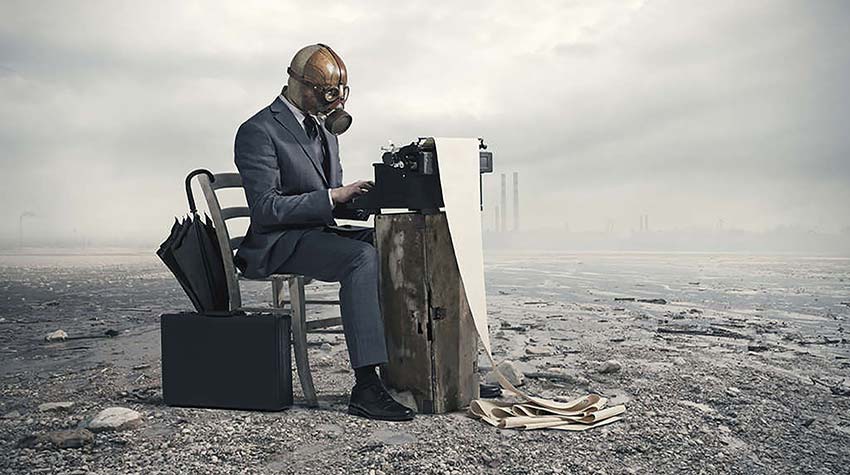
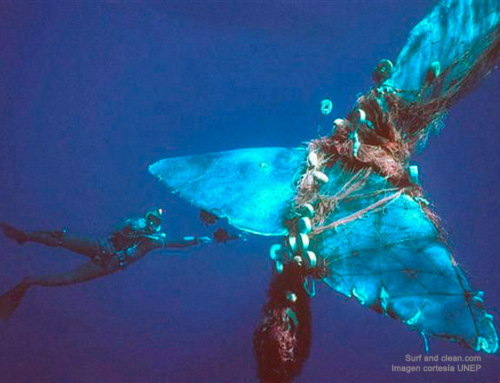
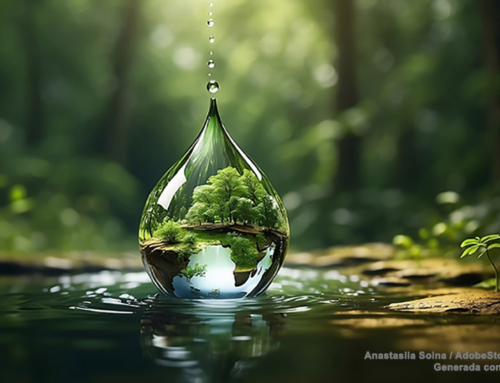
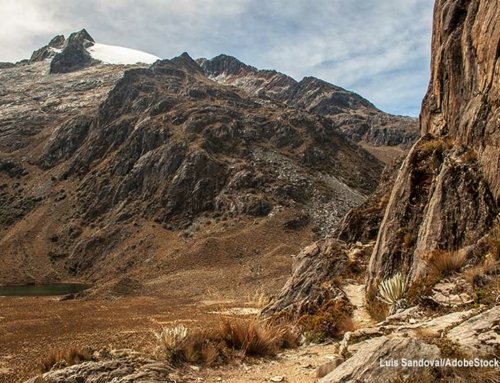

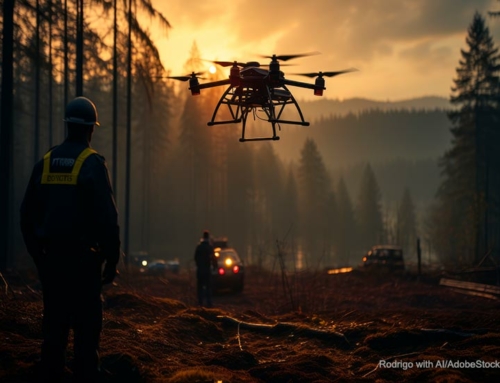
Leave A Comment